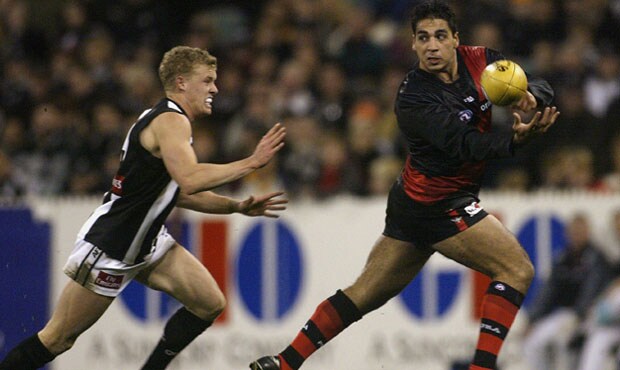A young Dean Rioli had gone back to the Tiwi Islands with homesickness. Kevin Sheedy sent Michael Long and I on the long haul to Darwin with specific instructions: ‘don’t come home without him’.
We arrived on a Sunday night and stayed at the home of Cyril Rioli Snr and Longy’s sister Kath. They had a young son, a young 10-year-old Aboriginal boy called Cyril jnr - Dean's nephew. That’s my claim to fame. Kath Rioli kicked young Cyril out of his room for me. Sixteen years later we still marvel at the Rioli name in the AFL.
With Sheeds’ instructions ringing in our ears Longy and I met with Dean and his dad, the late Sibby Rioli, and pleaded with him to come back to Windy Hill. He said ‘yes’ straight away. Bloody beauty. So to celebrate we went out fishing the next day around the islands. It was magnificent but that afternoon we were due to fly back to Melbourne. Then Longy hatched this ingenious plan. ‘Ring Sheeds and tell him Dean’s not coming. Let’s stay a while.’
Kevin was insistent. ‘Don’t come home without him.’ This went on for four days. I would ring Sheeds and tell him we were working on it. Every day the phone conversation was the same.
Me: ‘Dean's not coming back’.
Sheeds: ‘stay there’.
So we did.
Four days of fishing, talking around the campfire and being exposed to a wonderful culture and stories of the Dreamtime. We finally got back to Melbourne with 20 kilograms of Barramundi, 10 kilograms of buffalo steaks, four kilograms of coral trout...and of course Dean.
Michael Long’s father, Jack, is part of the stolen generation. He was taken as a youngster from his desert home to the Tiwi Islands. He did not ask to go. He was taken from the Ti Tree community of desert warriors, a hunter, a gatherer, a boy with a spear. Jack Long was a desert warrior. Jack never went back to the desert - his spiritual and cultural home. Longy had offered to take him back but the old fella just can’t jump on a plane.
Jack Long once tried to scrape enough money together to get back to the desert but the Japanese bombed Darwin. By then he was a grown man and had learnt the customs of the islands. They were fisherman, sea folk, hunting turtle, crocodile and Dugong. They were collectors of cockles, berries, oysters, bush plums and yams.
Longy continues: ‘they were taken to the islands, to mission stations and processed for re-education, taught the Tiwi culture and to read and write. They were dressed differently and ate different food. They were without language so the traditional language of the desert gradually disappeared. My Dad had the dreamtime…. the original dreaming.’
On 13 February 2008, Prime Minister Kevin Rudd issued a public apology to members of the Stolen Generations on behalf of the Australian Government.

Dean Rioli played 100 games for Essendon.
On the plane to Darwin, Longy was reading a book called ‘When Warriors lay Down to Die’. He was still studying the history of his people. He was incredibly frustrated. He was worried about the economic activity of receiving welfare, particularly the Yolnu people of Arnhem Land - a far cry from the independence and skill of the desert people. The masters of amazing survival in the harsh desert cannot survive without welfare handouts.
I got the chance to sit around a campfire on Melville Island and listen to the stories. That’s how it was. Stories of the dreamtime passed down around the campfire. What a humbling and inspirational time. This was Michael Long’s classroom and I was his student.
The Rioli’s and the Long’s live arm in arm on Melville Island. Jack Long fished with mates and heads off into the bush looking for billabongs where the buffalo come to drink. Old techniques are still used - spearing Dugong and crocodile from a boat. The technique is thousands of years old. Walking along the beach, Jack Long grabbed a long stick and started poking around in the sand. I couldn’t tell the bloody difference but after 10 minutes and about a metre deep, Jack uncovered turtle eggs. Food for the family. How the hell did he know that? A five metre saltwater crocodile raised its head out of the water only 15 metres away, saw Jack, and submerged. Jack turned his back on Australia’s most dangerous predator. I never took my eye off that spot for the next hour.
In May 2002, Essendon unveiled its mural of Club greats in the Windy Hill change rooms. Media, family friends and players were in attendance. The mural was dedicated to the characteristics of an Essendon player - Coleman, Reynolds, Hutchy, Fraser, Clarke etc. With lungs ravaged by cancer and supported on both sides by family members, an Essendon Aboriginal superstar shuffles forward. It’s not Longy. The great Dick Reynolds spots him amongst the crowd. ‘Is that you Macca?’ says Reynolds. The two embrace in front of 150 guests. Tears stream down his face. Norm McDonald ‘the Dreamtime genius’ is back with his Coach.
If I had one photo that symbolises Essendon’s cultural engagement, it’s the suave immaculately dressed Reynolds and his Aboriginal mate, chain smoking ‘Macca’.
Essendon buried their Dreamtime genius on December 4th 2002. Make no mistake, Norm McDonald's appearance on that mural shows how respected and revered he was.
So I understand what the Dreamtime game represents. Essendon has been inclusive and respectful of cultural significance and diversity not just in the modern era. Before Sheedy and Long there was Reynolds and McDonald.
The coaches and their dreamtime genius’.
* Norm McDonald played 128 games for Essendon. He played in the 1947, 48, 49, 50, 51 Grand Finals. He won the Crichton Medal in 1951.



